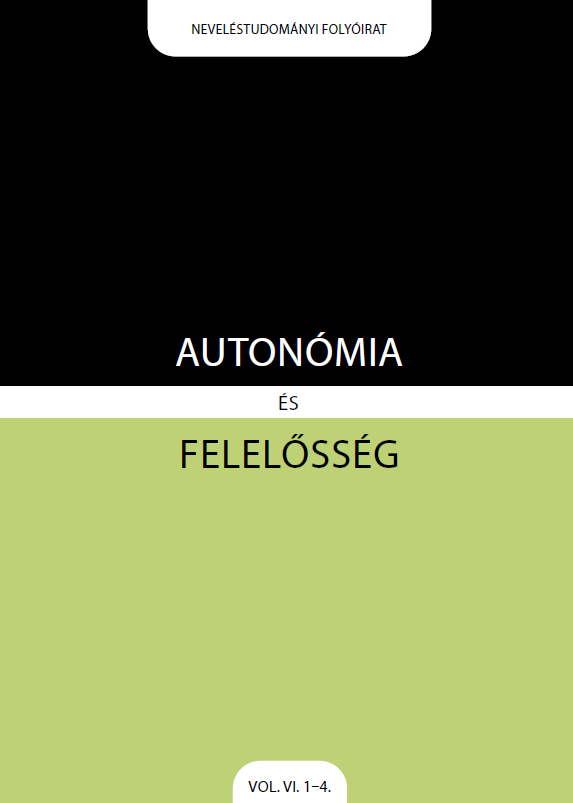Voting rights from the age of 16- are schools mature enough?
DOI:
https://doi.org/10.15170/AR.2021.6.1-4.2.Keywords:
voting rights, active citizenship, civic education, equal opportunitiesAbstract
Debates about lowering the minimal age of active voting rights to 16 had a particularly speculative character even a couple of decades ago. After the turn of the millennia, however, more and more countries lowered the minimal voting age and provided empirical data for scientific analysis. In the European Union, the Austrian experience has highlighted that some of the positive expectations about lowering the voting age may be justified. Since in this age group (16-18) the school system is one of the areas that provides opprtunities for political socialization and preparation for civic responsibilities, a scrutiny of ths issue from viewpoints of educational sociology is also vital. The quality of preparation for civic responsibilities within the framework of the educational system may play a key role in enhancing equal opportunities. This study intends to present various Hungarian and international theoretical approaches and research projects related to the topic in order to outline the theoretical background for a planned research.
Downloads
Downloads
Published
How to Cite
Issue
Section
License

This work is licensed under a Creative Commons Attribution-NonCommercial-NoDerivatives 4.0 International License.



